The History of Rickety Bridge Winery
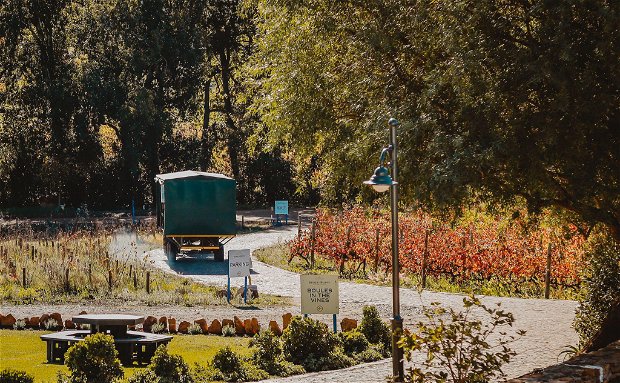
This historic estate was originally part of the great La Provence farm given to French Huguenot farmers in 1694. Over the years the property was divided and the portion which is now Rickety Bridge was granted to Paulina De Villiers, one of the first female landowners in South Africa, in 1797.
The estate boasts an ideal location, with its diverse terrain and soil types which make it the perfect place for growing a wide range of grape varieties. The flatland surrounding the estate is blanketed with sandy soils, which are ideal for cultivating grapes in proximity to the Franschhoek River. Meanwhile, the hillside provides optimal conditions for growing high-quality red grapes, essential for the production of premium red wine.
Rickety Bridge Winery is committed to producing high-quality wines from its extensive portfolio, including Paulina's Reserve, which celebrates the memory and pioneering spirit of Paulina De Villiers. The winery has received numerous accolades and high praise for its distinctive wines, including the Rickety Bridge classic range and the Foundation Stone range.
In addition, it produces small volumes of its renowned Icon wines, The Bridge Cabernet Sauvignon, Crossover Pinotage, Sleeper Shiraz, Pilgrimage Old Vine Semillon, and Gateway Straw Wine.
Despite technological advancements, Rickety Bridge Wine Estate has remained dedicated to preserving old winemaking traditions. This commitment ensures that the handcrafted wines produced on the estate maintain their exceptional quality.
The winemaking process at Rickety Bridge is executed with great attention to detail. Visitors can gain insight into this process by taking the informative Cellar Tour, where knowledgeable staff explain the journey from vine to barrel. The recently renovated cellar and modern cooling equipment used by the winery ensure that every step of the process is carried out with precision and care.


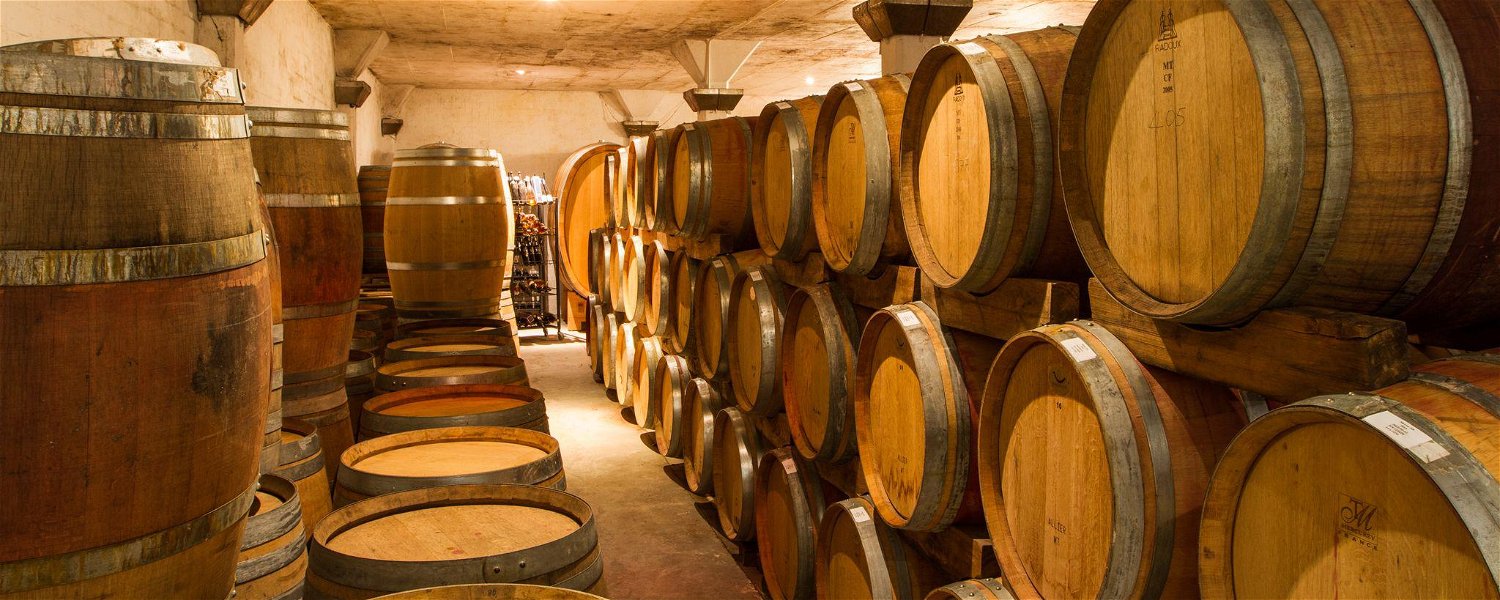
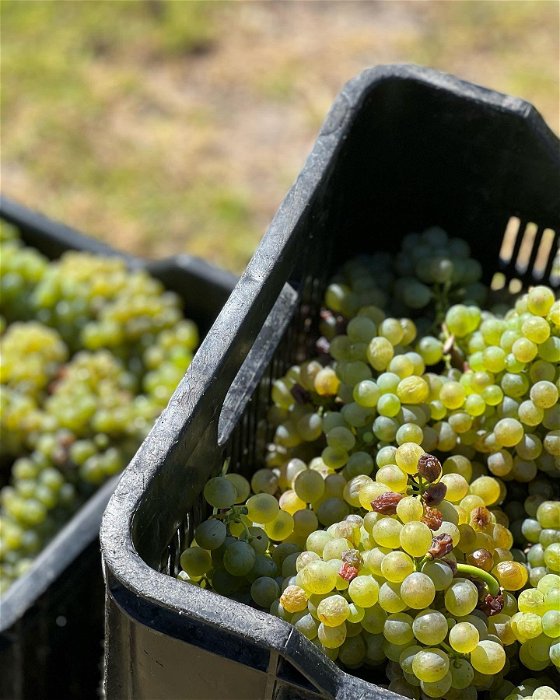
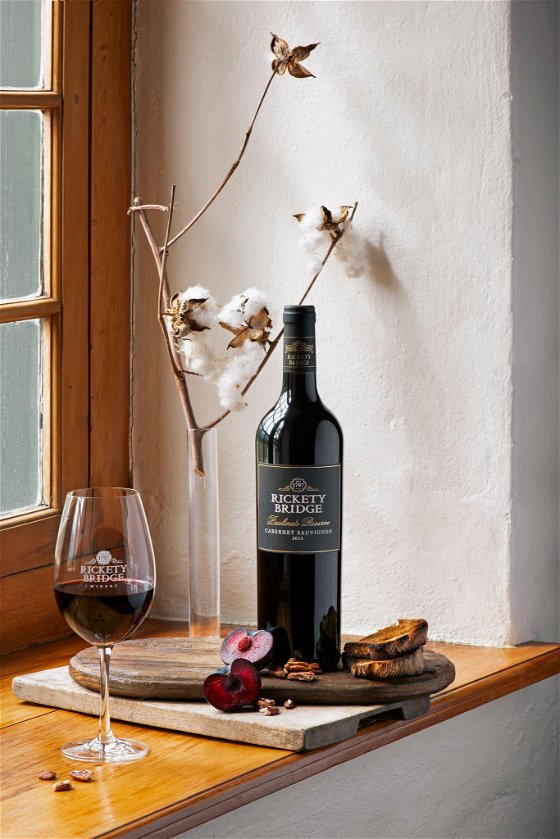
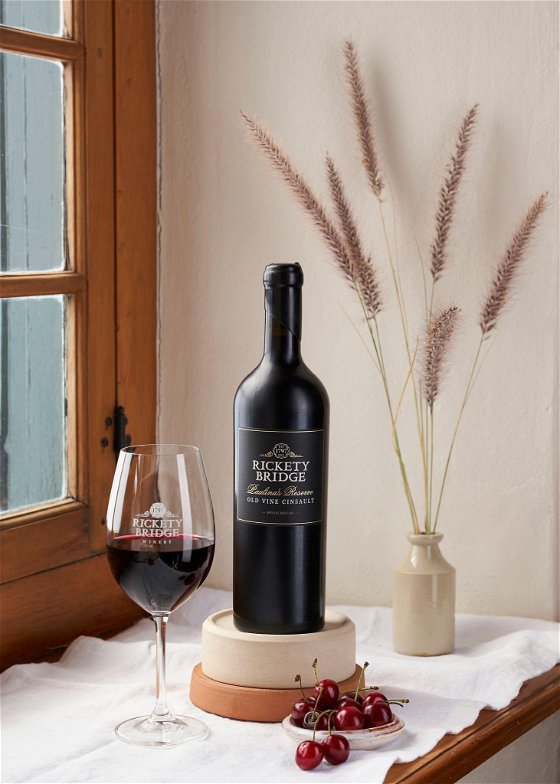
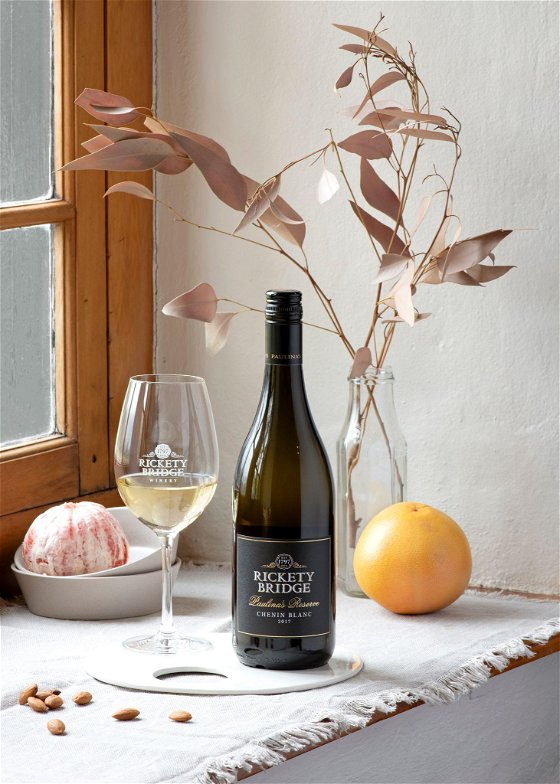
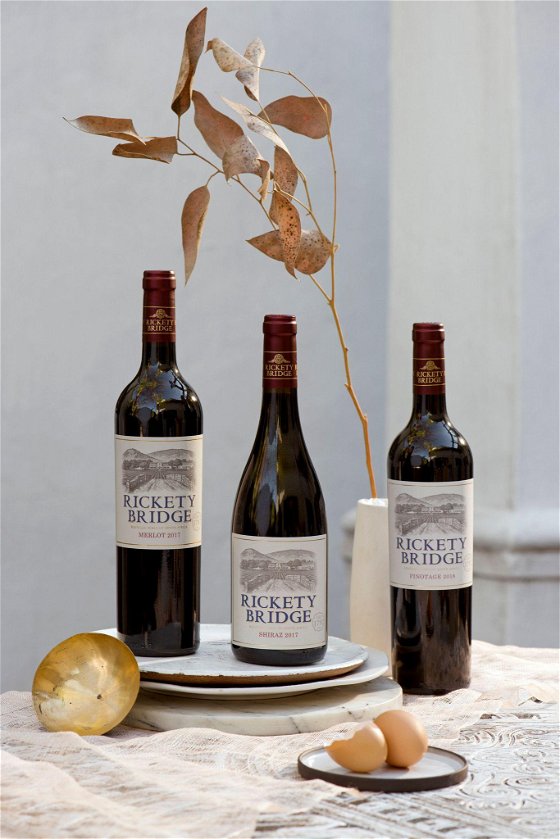
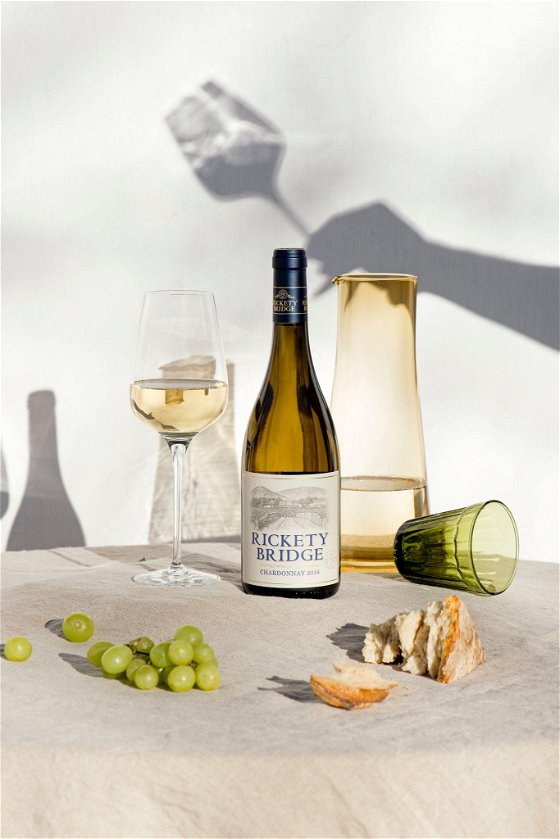
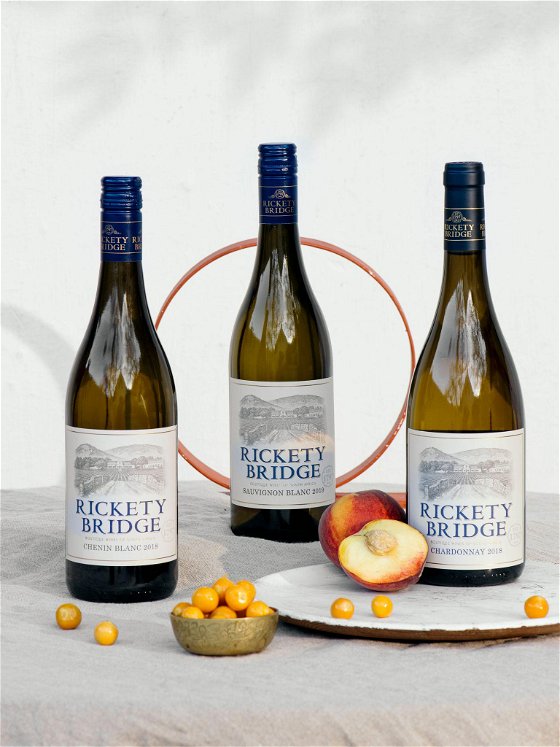
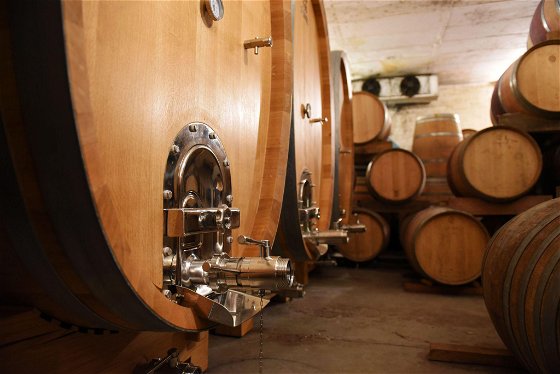
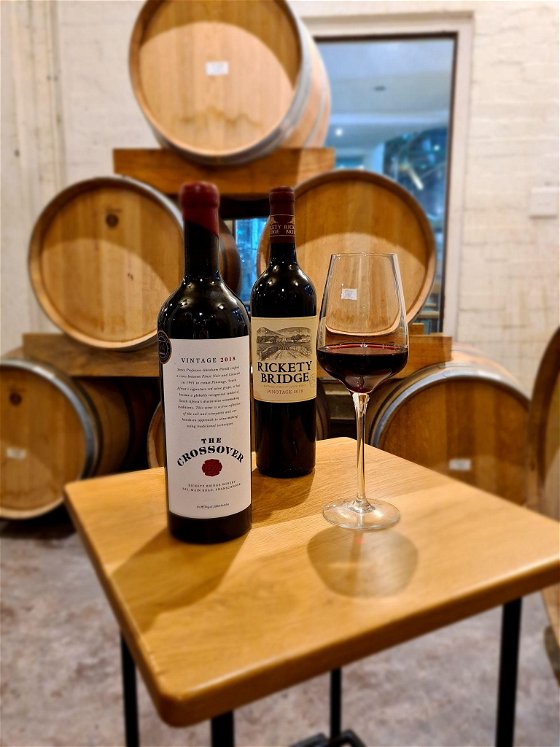
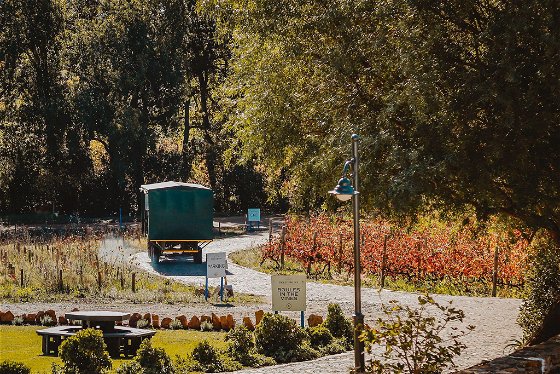
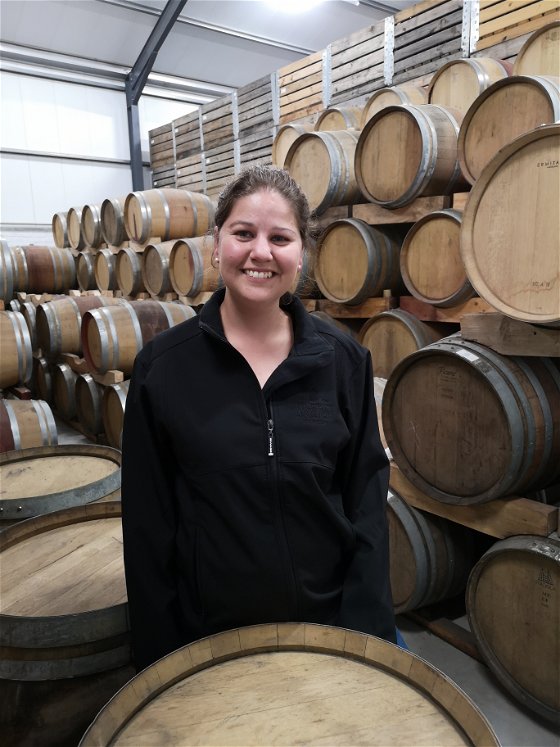
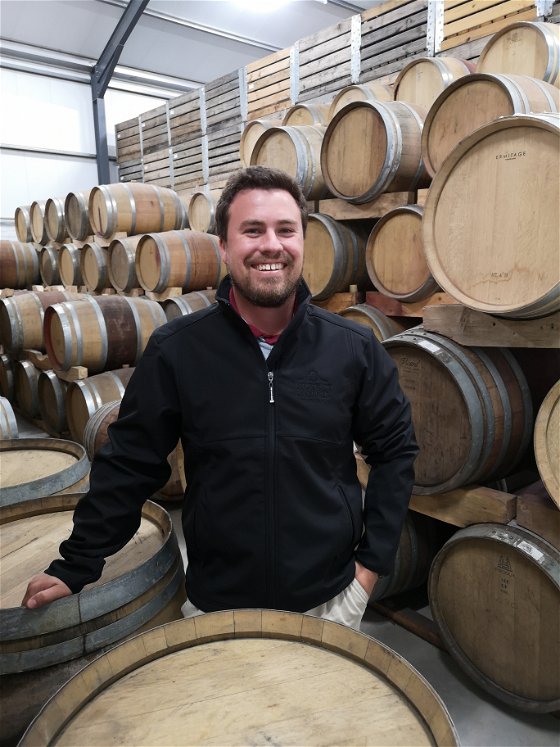
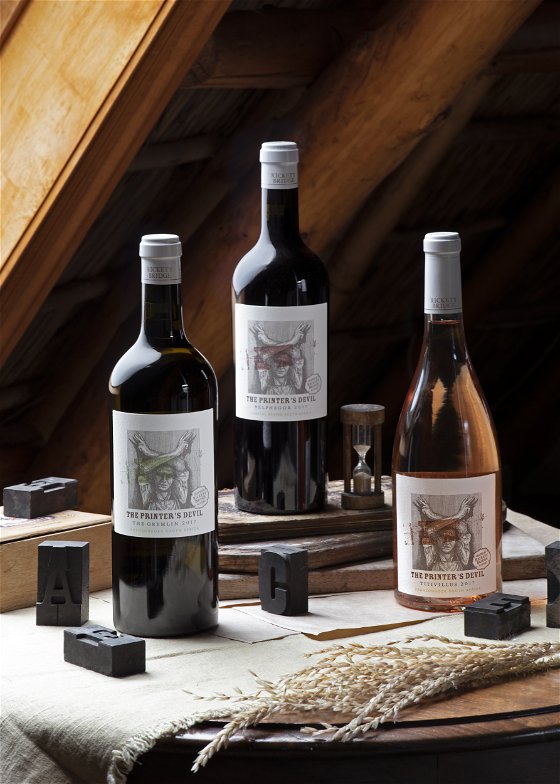
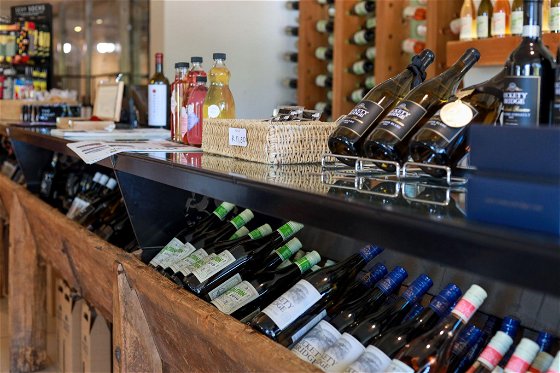
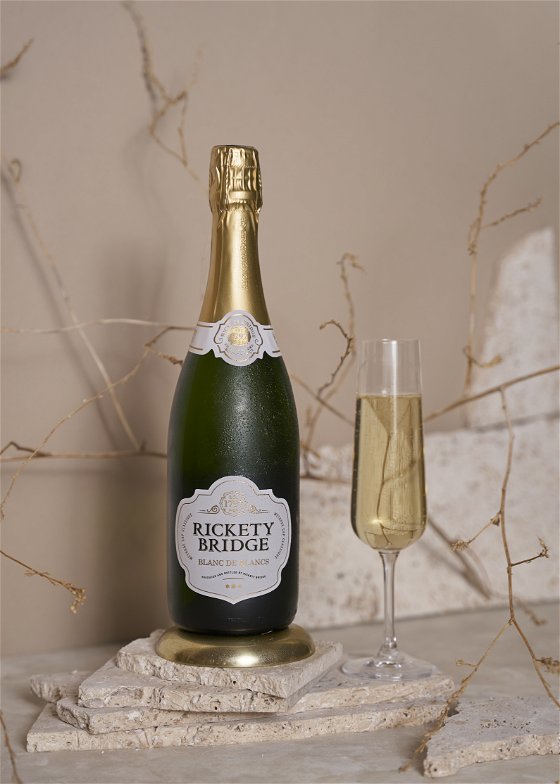
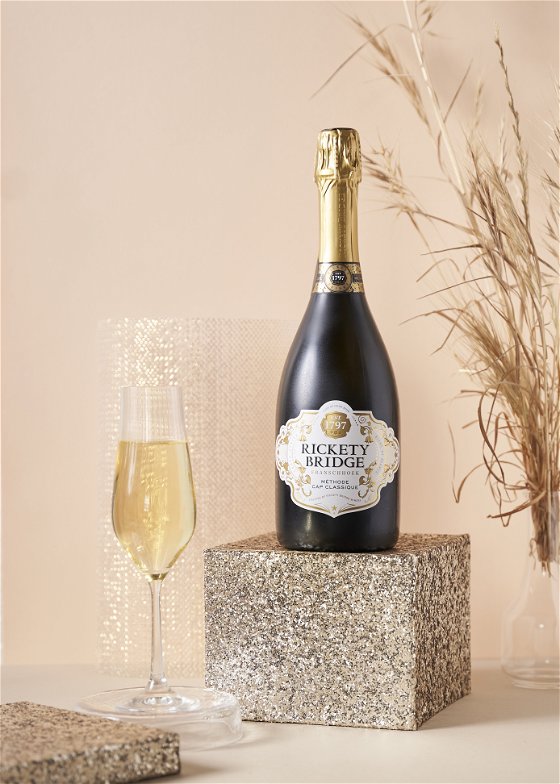
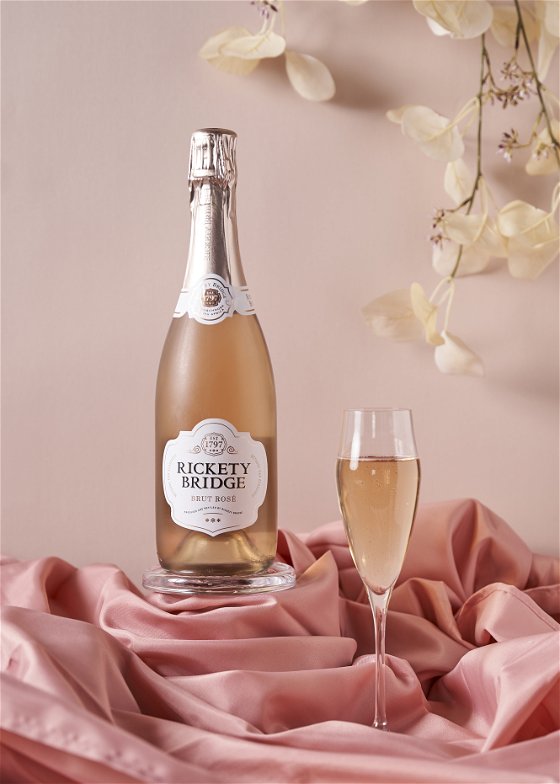
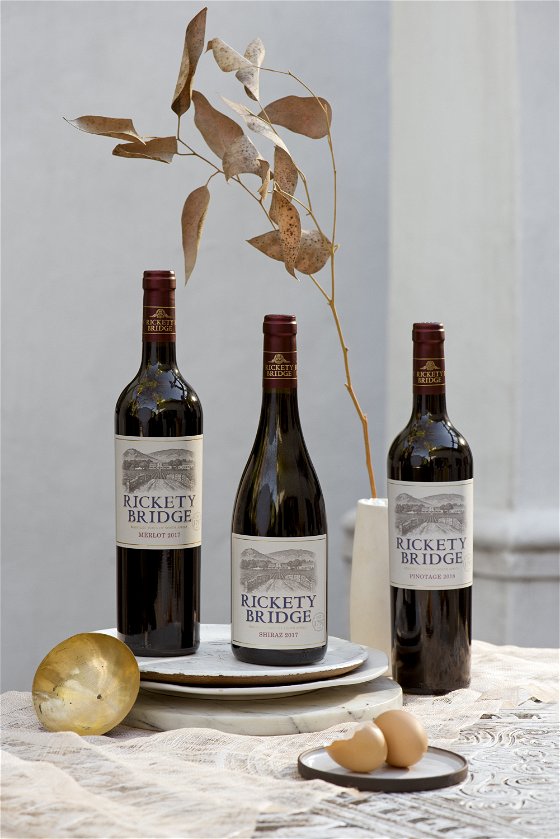
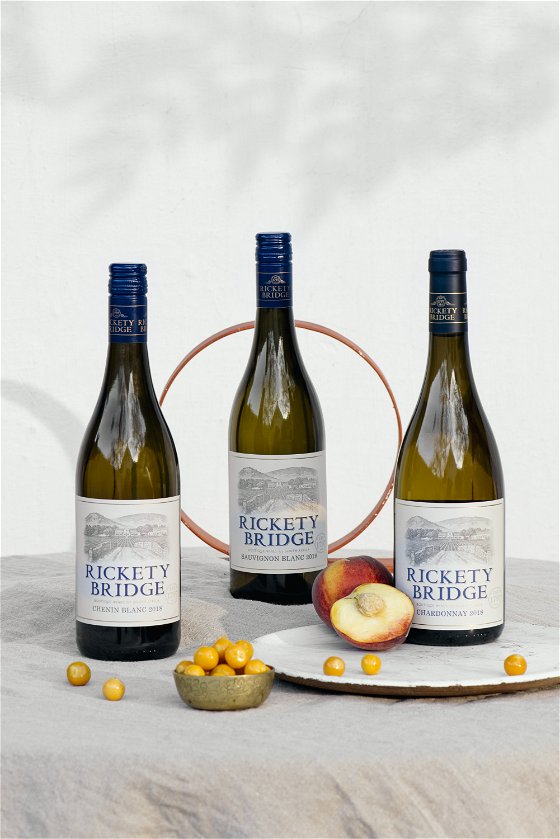
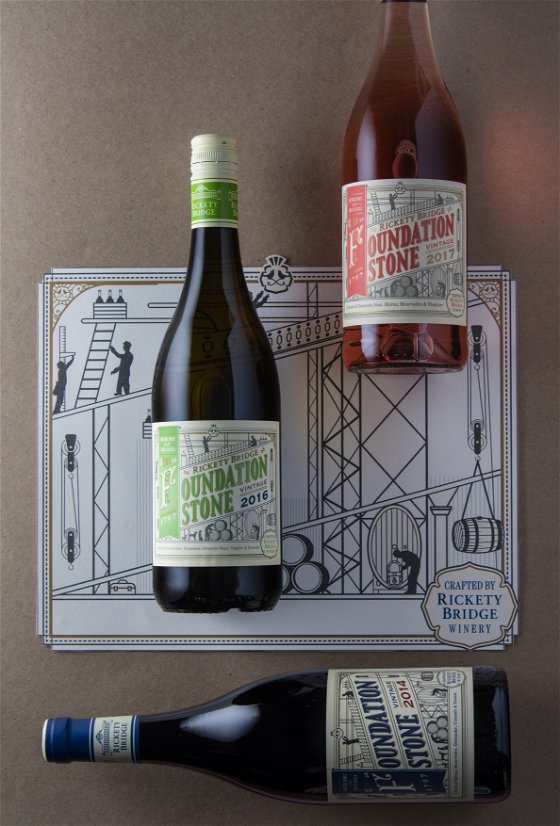
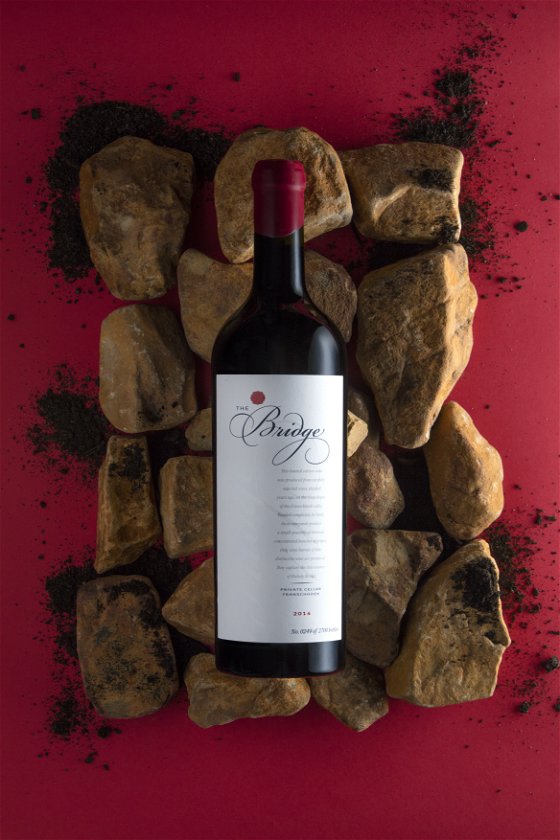
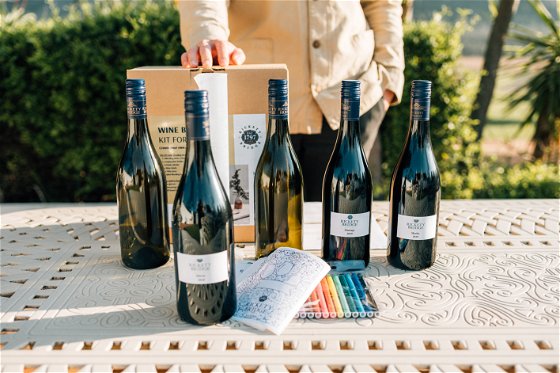
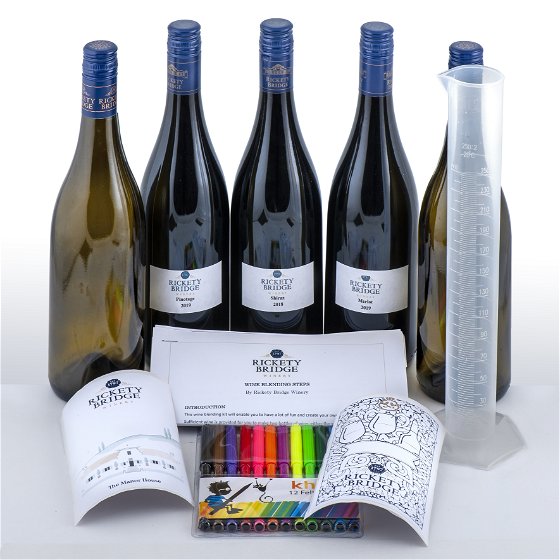
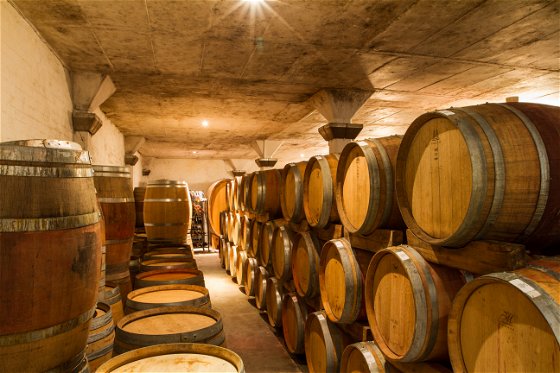
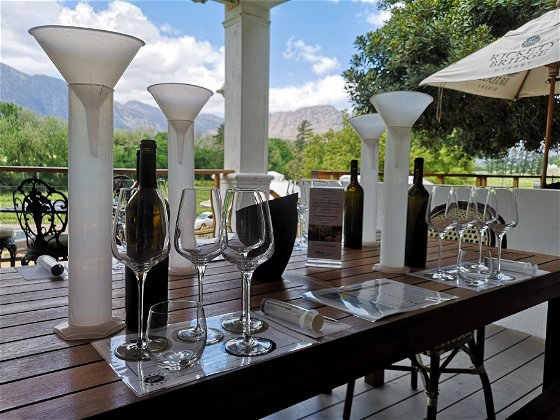
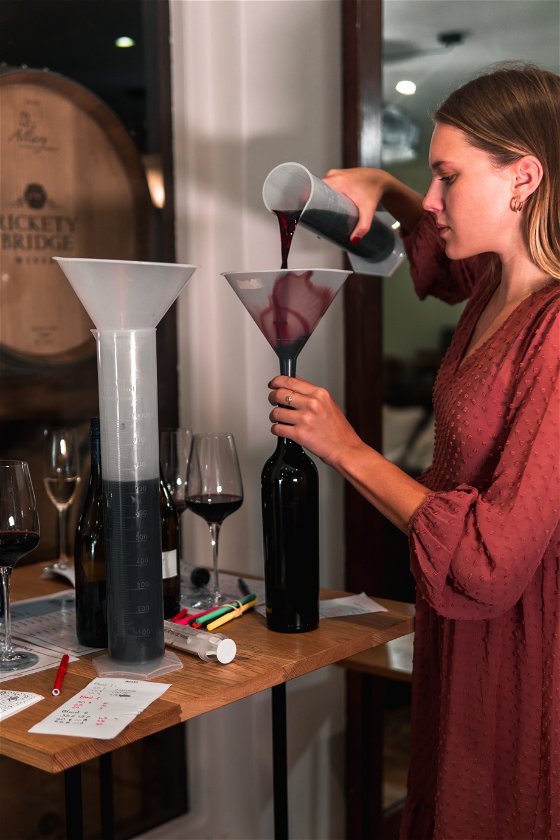
Share This Page